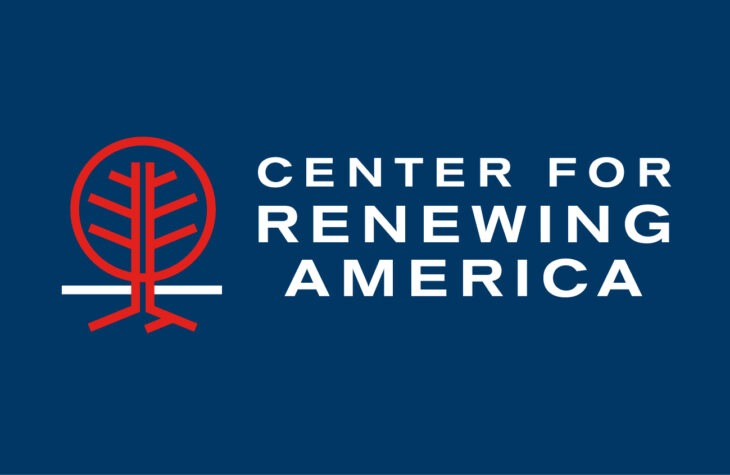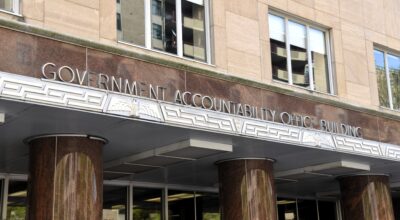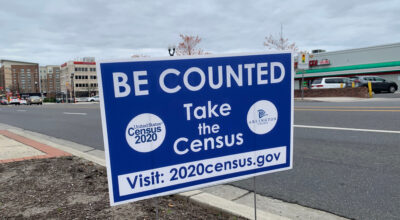
Primer: Affirmatively Furthering Fair Housing (AFFH)
Synopsis
The Biden Administration is preparing to reinstitute the Affirmatively Furthering Fair Housing (AFFH) rule. This regulation usurps local zoning authority and turns the Department of Housing and Urban Development (HUD) into a central planner for neighborhoods and communities.
Fast Analysis: What is the ‘Affirmatively Furthering Fair Housing’ Rule?
- The 377-page rule was first promulgated by the Obama administration in 2015.
- The Trump administration rescinded the rule in 2020 and replaced it with the Preserving Community and Neighborhood Choice rule.
- AFFH forces local governments to assess factors that lead to socioeconomic and racial disparities in their communities and submit a plan to HUD to “address” those disparities.
- AFFH redefines segregation as “a high concentration of persons of a particular race or religion,” regardless of how such a concentration developed. This means that if a community does not meet HUD’s definition of a “balanced living pattern,” it is considered to be “segregated.”
- AFFH so broadly defines “fair housing” that communities are required to take “meaningful actions” to implement economically and racially “balanced” living patterns to stay in compliance. This is despite the Supreme Court ruling in Fisher v. University of Texas (2013) that “racial balancing” is “patently unconstitutional.”
- AFFH empowers HUD bureaucrats in Washington D.C. to make neighborhood planning and housing determination decisions in cities, suburbs, and localities that they have never visited or lived in.
Anything But Fair: AFFH’s Impact on Communities
- Any city, municipality, or county that receives federal Community Development Block Grant (CDBG) funding is required to comply with AFFH’s regulations. Currently, over 1,200 cities and counties receive federal CDBG funds.
- With this new authority, HUD would be able to recommend cities intersperse apartment complexes and low-income housing into traditional single family home neighborhoods.
- AFFH would empower unelected federal bureaucrats at HUD to operate as a national zoning board.
- In 2016, Sen. Mike Lee (R-Utah) summarized AFFH as essentially a regulation allowing federal bureaucrats to pick your neighbor.
- The implementation of AFFH’s requirement to “balance” communities by requiring low-income housing in suburban neighborhoods will potentially collapse property values.
Conclusion
The federal government should have no role in centrally planning how local communities and neighborhoods are organized. Furthermore, reviving a policy like AFFH, which is predicated on a dubious disparate impact theory serves only to divide Americans along racial, economic, and sectarian lines. It is a policy intentionally designed to divide citizens while seizing power over their communities.
It is immoral, unconstitutional, and indefensible.



